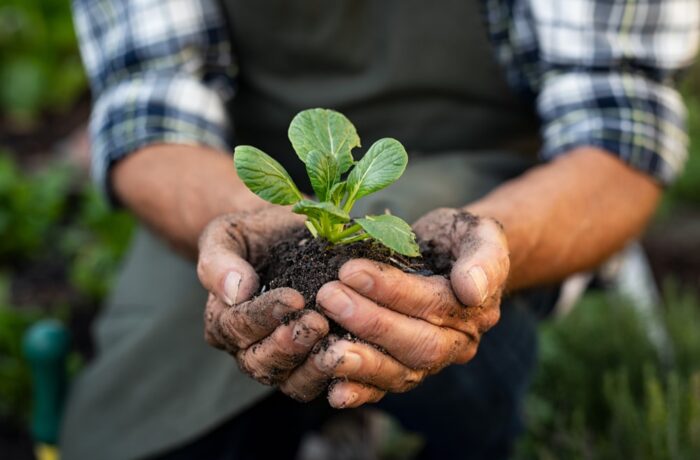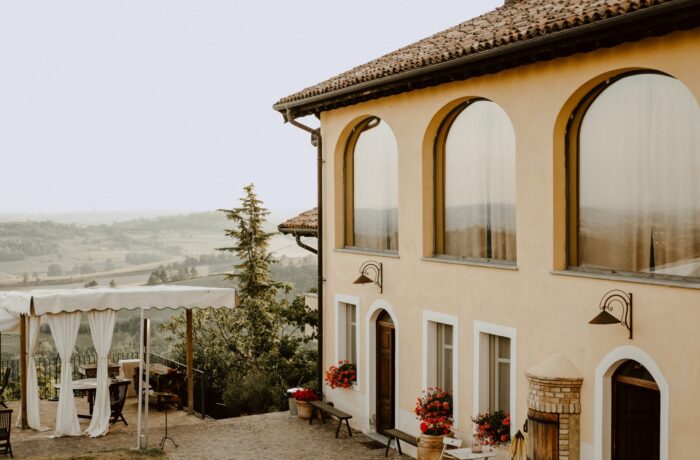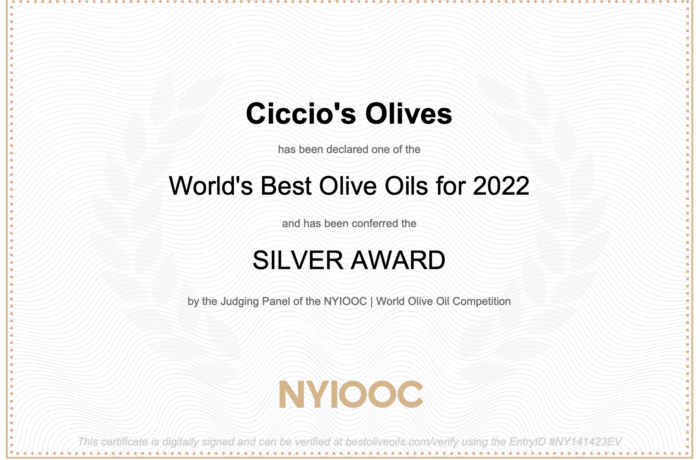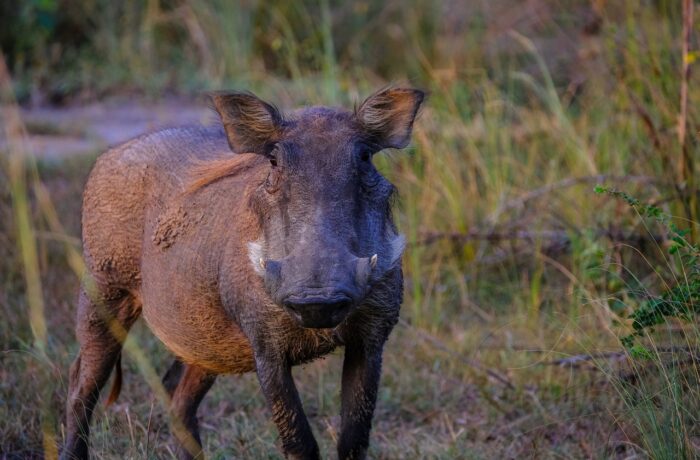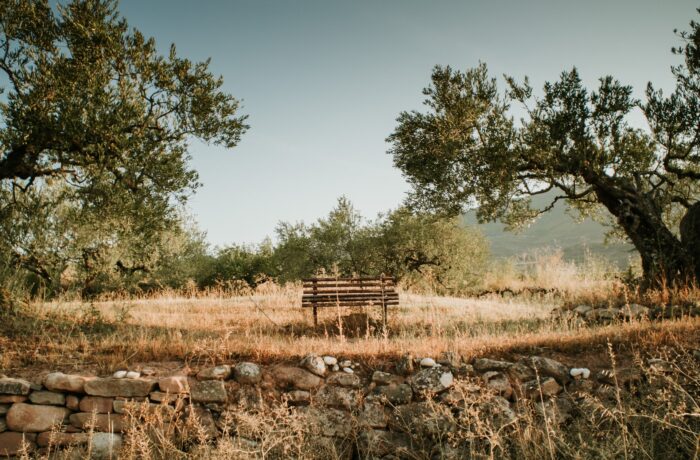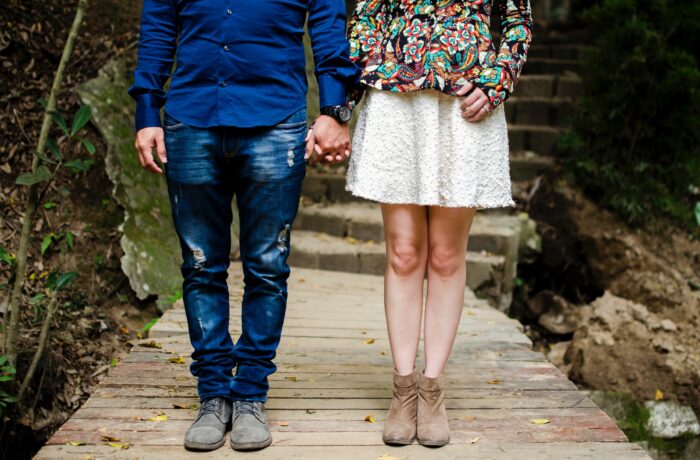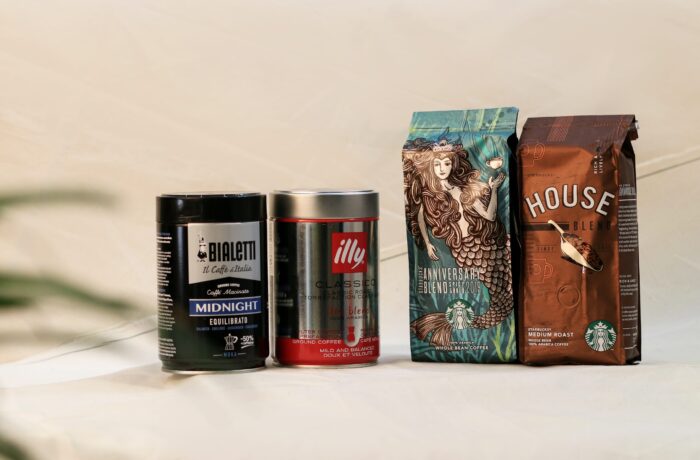The Fruit of My Childhood: Reflections on the Calabrian Extra Virgin Olive Oil Harvest
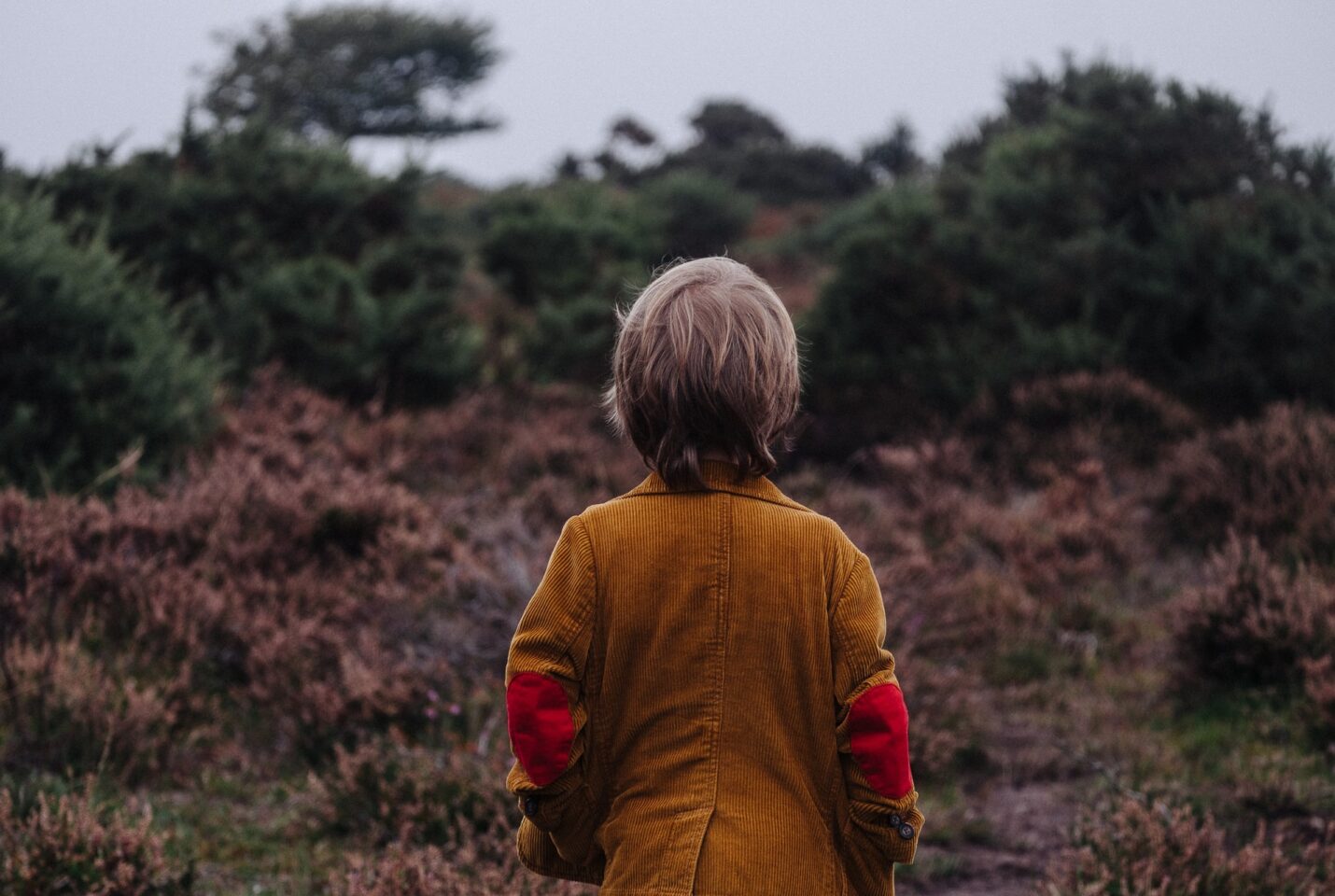
In Southern Italy, almost every family has olive trees. Cultivating olives is anything but a glamorous and envied job, especially decades ago. In fact, there were many years filled with long days that I wished all our trees would die because picking olives was such back-breaking, dirty work. I write this with a sheepish smile; youth is so innocently simple.
Olives were commonplace and a life necessity. Picking olives was the single action that knit together the little Italian-Arbereshe community of Vena di Maida, as most families did this work at the year’s end.
And little did my family and I know that one day we’d bottle this Calabrian extra virgin olive oil golden goodness and ship it halfway across the world for others to experience on their family tables.
A Day During the Harvest
We worked all through Christmas break, even as kids, since harvest season is at the end of the year. I’ll never forget the panini sandwiches my mom made us kids for a mid-morning snack before we left on our 2.5 mile walk each morning. A fluffy frittata made with eggs from our own chickens folded into homemade bread, dripping and gooey from our buttery olive oil and pecorino cheese. She’d hand one to each of my siblings and I, and we’d all pad down the outside stairs from our home in town and head out of town towards the farmhouse, where we would find my dad already out on the farm.

A growing boy just can’t resist the warmth and aroma of something delicious to eat, and what was supposed to be a 10 AM snack was always consumed enroute to the grove. I’d arrive with a stuffed belly and ready to earn some spending change for PAC-MAN games with my friends at the bar in town. Each of us had a large bucket to fill, for which we’d receive 200 Lira – the equivalent of $0.20 and the cost of one arcade game. By the end of a long day, I always lost count of the buckets of olives I gathered, but I always made the same amount of money every day – enough money for a Brasilena coffee soda (which, at the time, was only sold in Calabria), and 2-3 games.
“Little did I know that one day we’d bottle this golden goodness and ship it halfway across the world for others to experience.”
– Pino Pugliano
Southern Italy has generally mild winter weather, but it can definitely get cold. I’d wear scratchy woolen sweaters passed down from my older, taller, skinner brother. Fashion had no place on the farm, and they kept me warm despite not quite fitting so well and being uncomfortable.
Lunchtime was the best time of the day. After a labor-filled morning picking olives (as well as throwing them at my brother), we’d have a picnic feast. Depending on which part of our expansive land we were at, we would either eat at the farmhouse or sit under an olive tree. My mother would lay out a hearty lunch that she’d prepared earlier that morning, often consisting of bread, cheese, oil, fruit, and some sort of homemade salami or sausage that we’d roast right then and there on an open fire. It was always difficult to get back to picking olives after lunch and with stuffed bellies. Sometimes, instead of bending over to pick them up off the ground, my brother and I would lay sideways in the dirt to gather them. As you can imagine this completely aggravated my poor mother because we would ruin our clothes!
In the late afternoon we’d end our work. Depending on where we were on our property, we first had to stop and feed the chicken, rabbits, dog, cat, and pig for the night before continuing home. We’d then have a snack – typically homemade bread with homemade peach or grape jam – and trudge the 2.5 miles back to town.
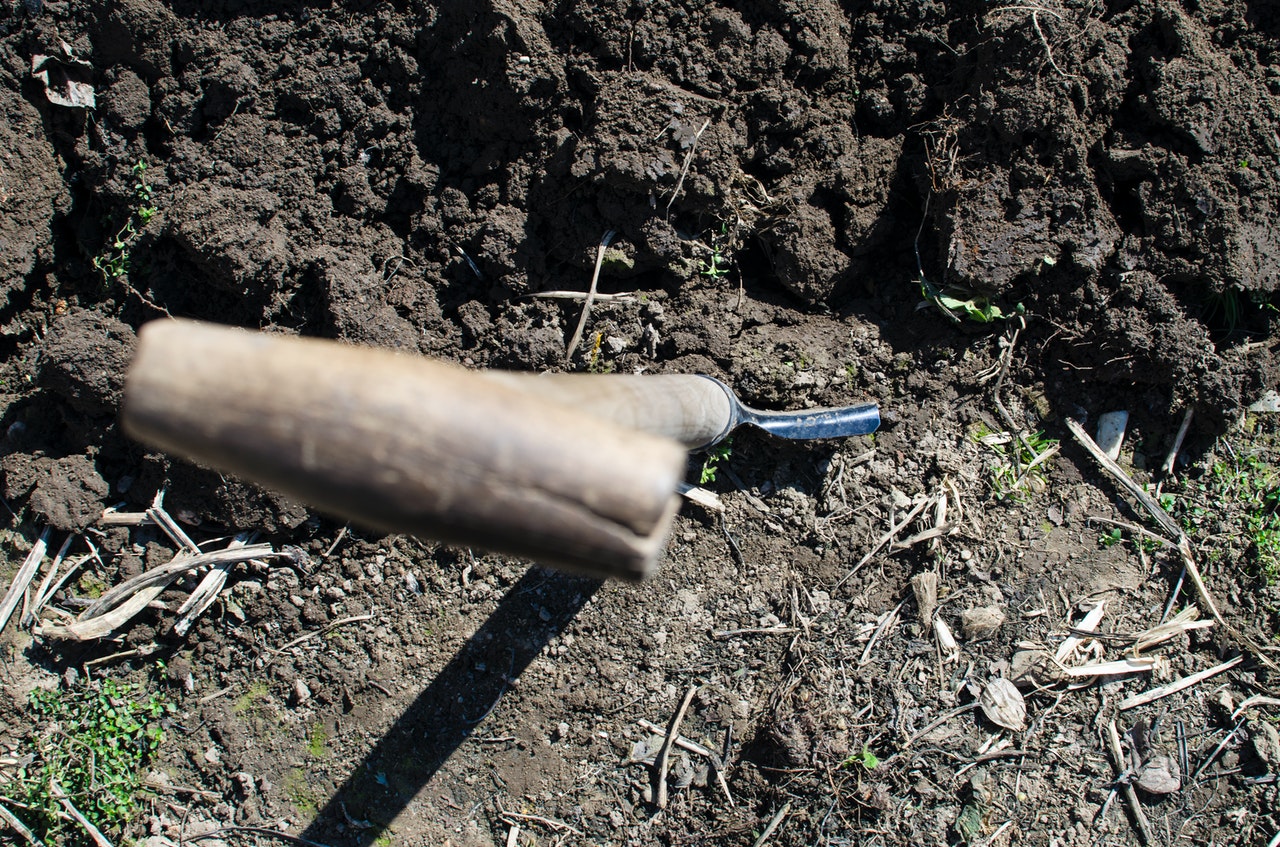
Life Lessons from a Simple Fruit
Olive harvest days were long and the job was tough. I remember wishing the trees would die the entire time I picked olives. It was back-breaking to bend over to the ground again and again. We didn’t have a tree-shaking machine back then, so as a family we were often out walking the land and picking up olives. We had to gather them as they fell off the trees, as they shouldn’t be on the ground very long at all.
Thinking back on it, I hated every olive I picked. But producing extra virgin olive oil fostered values that I’ve always counted important in my life: simplicity, humility, and a strong work ethic. It taught me how to appreciate being close to nature, how to cultivate the earth, and the importance of non-prestigious tasks. Olives were our livelihood as well as our ‘bread and butter’, or, for Southern Italians, our ‘bread and oil’. I played an important part in our family’s story.
And I treasure that fruit and the memories they gave me now more than ever.

